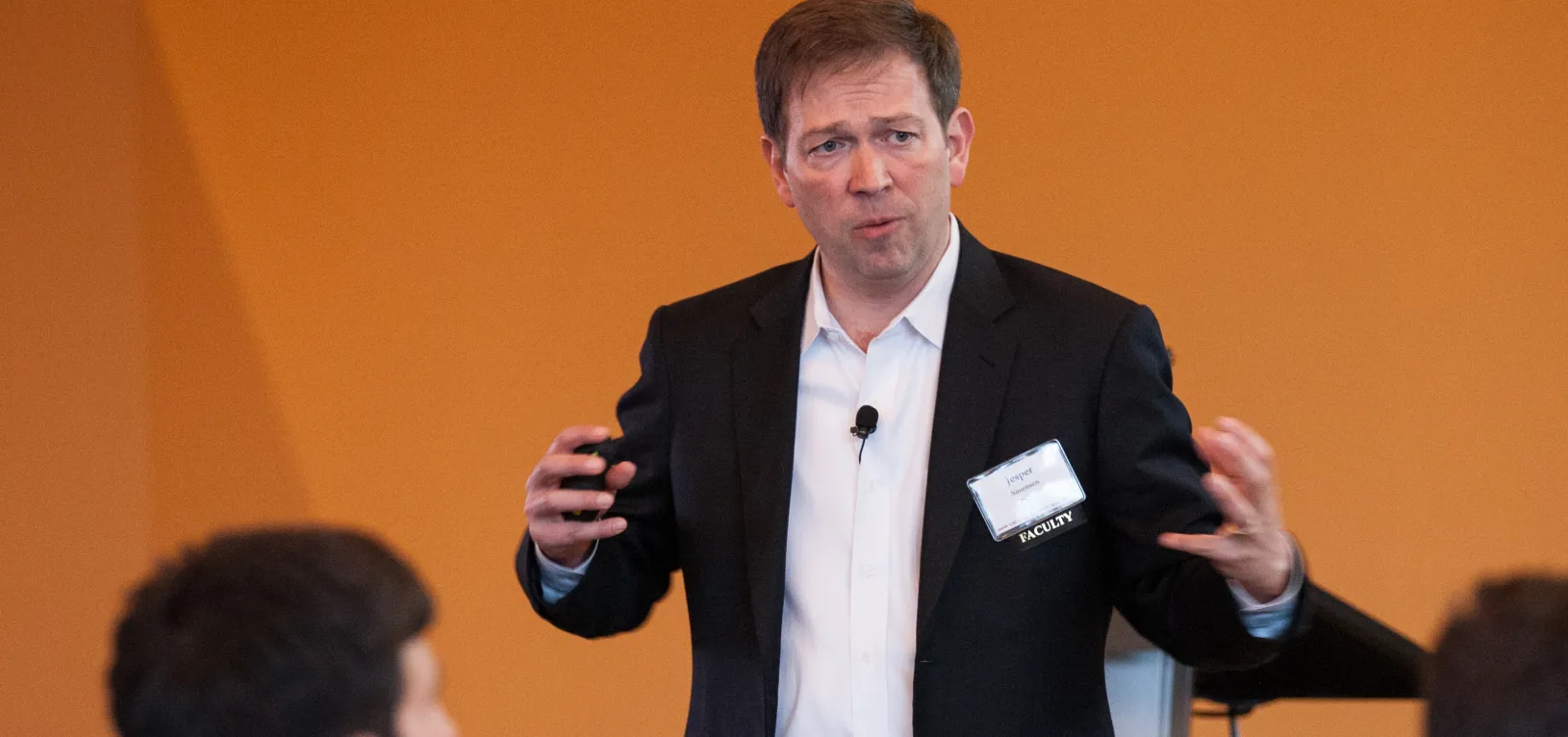
In the late 1990s, Stanford GSB faculty, the dean’s office, students, and alumni recognized an opportunity for Stanford GSB to play a critical role in developing leaders to help solve global social and environmental challenges.
In 1999, they came together to create the Center for Social Innovation and reinforce Stanford GSB’s leadership in educating global impact leaders.
Leveraging the assets of Stanford University and Stanford Graduate School of Business, CSI expanded the work of the school to a larger audience of executives around the globe through research, education, and community outreach. The Center set on a course to create a field of social innovation, a journey that led to the launch of multiple academic centers for social innovation around the world and the creation of the White House Office for Social Innovation in the United States.
With a sea change over the past ten years in the way we think about business, the Center for Social Innovation focused its efforts at home on supporting Stanford faculty in their work to equip students with the cutting-edge knowledge, skills, and mindsets they need to successfully drive impact in a quickly evolving landscape:
- As the world explored ways to leverage markets for social good, CSI responded with state-of-the-art social entrepreneurship and impact investing programs, complete with robust course work, experiential activities, and fellowships.
- To prepare students to lead in a stakeholder capitalism environment, CSI created Leadership for Society, a leadership development program for aspiring corporate CEOs that allows students to grow the confidence to engage with stakeholders on often contentious topics of societal importance.
CSI updated its offerings for the 21st century, reflecting all of the new actors, tools, organizational structures, and sources of capital that have become available for impact endeavors. The Center recognizes the importance of leaders’ proximity to the issues at hand and provides financial support to empower all students to step up and become part of the solution to their communities’ challenges.
Today, with a portfolio of programs stronger than ever, the Center for Social Innovation is well positioned to empower generations of impact leaders and to be an influential actor in the creation of a new ethos of business.




